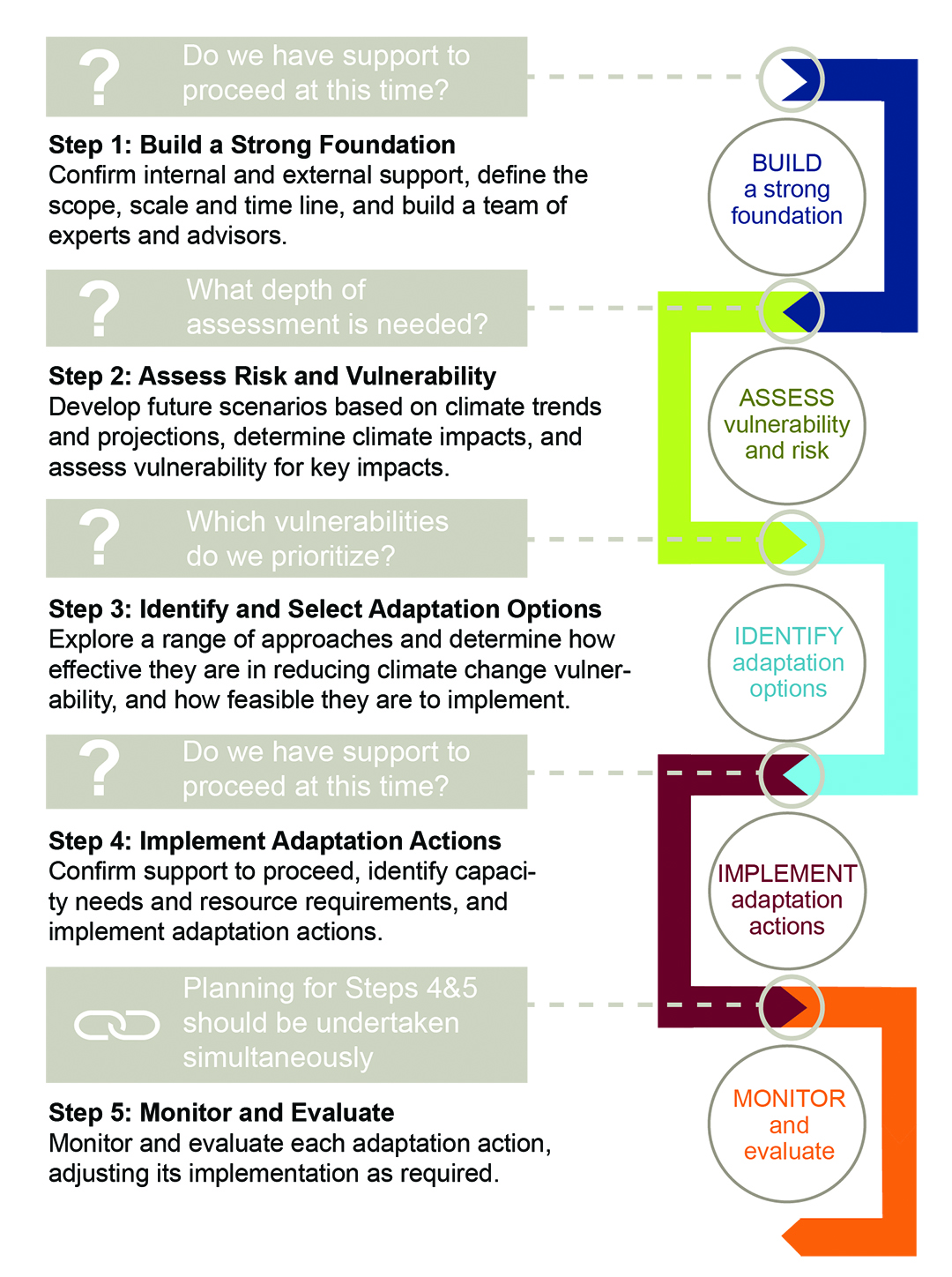- About
- Events & Activities
Events & Activities
- Learning Centre
- Cultural Maps
Cultural Maps
- Mapping Heritage Resources
- Submerged Heritage Resources Map
- Columbia Basin Region Historic Places Map
- Francophone Historic Places Map
- Chinese Canadian Historic Places Map
- Japanese Canadian Historic Places Map
- South Asian Canadian Historic Places Map
- War Monuments and Memorials Map
- Industrial Heritage Cultural Map
- Funding
- News
- Professional Development
Professional Development
- Contact
- Heritage 101
- Advocacy
- Accessibility for Historic Places
- Climate & Sustainability
- Heritage Place Conservation
- Heritage Policy & Legislation
- Homeowners
- Intangible Cultural Heritage
- Non-For-Profit Organizations
- Reconciliation
- Indigenous Cultural Heritage
- Setting the Bar: A Reconciliation Guide for Heritage
- 1. Heritage and Reconciliation Pledge
- 2. Acknowledging Land and People
- 3. Celebrating Days of Recognition and Commemoration
- 4. With a Commitment to Learn
- 5. Committing to Strategic Organizational Diversity
- 6. Mission-Making Room for Reconciliation
- 7. Possession, Interpretation, Repatriation and Cultural Care
- 8. Shared Decision Making
- 9. Statements of Significance and other heritage planning documents
- 10. Heritage Conservation Tools, Local Government Act
- Racism: Do Not Let the Forgetting Prevail
- Taking Action: resources for diversity and inclusion
- Webinars On-Demand
Climate Adaptation: Framework and Implementation

In 2017, the Canadian Parks Council introduced the ‘Climate Change Adaptation Framework for Parks and Protected Areas,’ aiding historic site stewards in identifying adaptation measures and assessing climate change risks. In 2021, the Heritage BC conference featured workshops discussing this framework with experts Anna Lee-Carswell from Parks Canada, Richard Linzey from the Province of BC, and moderator Mark Thompson Brandt. Derived from international best practices, the five-step framework is scalable and adaptable, applicable to various heritage resources. Heritage BC has developed a user-friendly workbook, complementing each framework step with guiding questions and downloadable worksheets for streamlined planning and implementation.
A few notes before you start your planning process:
This resource is primarily about addressing progressive climate change and preparing for future natural disasters related to climate change. The resource does not address emergency response to a catastrophic event that is forecast to occur or has just occurred.
This resource does not consider ways in which heritage values and character-defining elements can be protected and preserved when planning climate adaptations. It is advisable to have an up-to-date Statement of Significance before you begin to plan climate adaptations. If that is not available, take time to consider the character-defining elements of your historic site. Ideally, technologies, practices, and durable and healthy materials should be incorporated in ways not adversely affecting the building’s character or heritage value.
You may find useful information at “Building Resilience“. Building Resilience: Practical Guidelines for the Retrofit and Rehabilitation of Buildings in Canada serves as a “sustainable building toolkit” that will enhance understanding of the environmental benefits of heritage conservation and of the strong interrelationship between natural and built heritage conservation. Intended as a useful set of best practices, the guidelines in Building Resilience can be applied to existing and traditionally constructed buildings as well as formally recognized heritage places.
Finally, if you want support in developing a plan or preparing a Statement of Significance, please refer to the list of BC heritage consultants.
Jump to:
Introduction: Climate Adaptation – Framework and Implementation
Step 1: Building a Strong Foundation
Step 2: Assess Vulnerability and Risk
Step 3: Identify and Select Adaptation Options
Steps 4 and 5: Implement Adaptation Actions, Monitor and Evaluate
Climate Adaptation Worksheet – download
Climate Adaptation Worksheet – download
Additional Resources
Climate Adaptation: Making a Case
Climate Change Adaptation Plans and Actions
Building Resilience: Practical Guideline for the Sustainable Rehabilitation of Buildings in Canada
Canadian Conservation Institute
